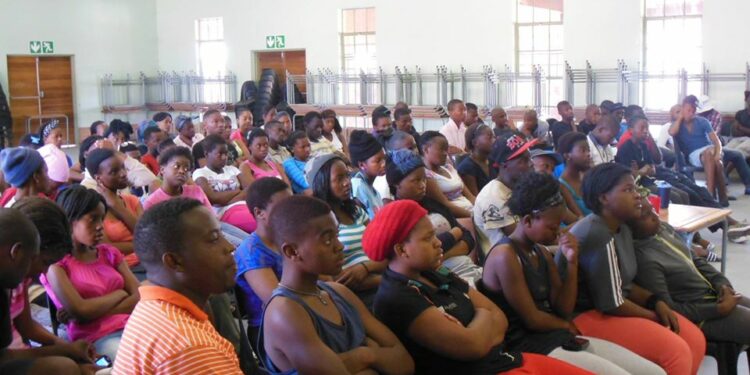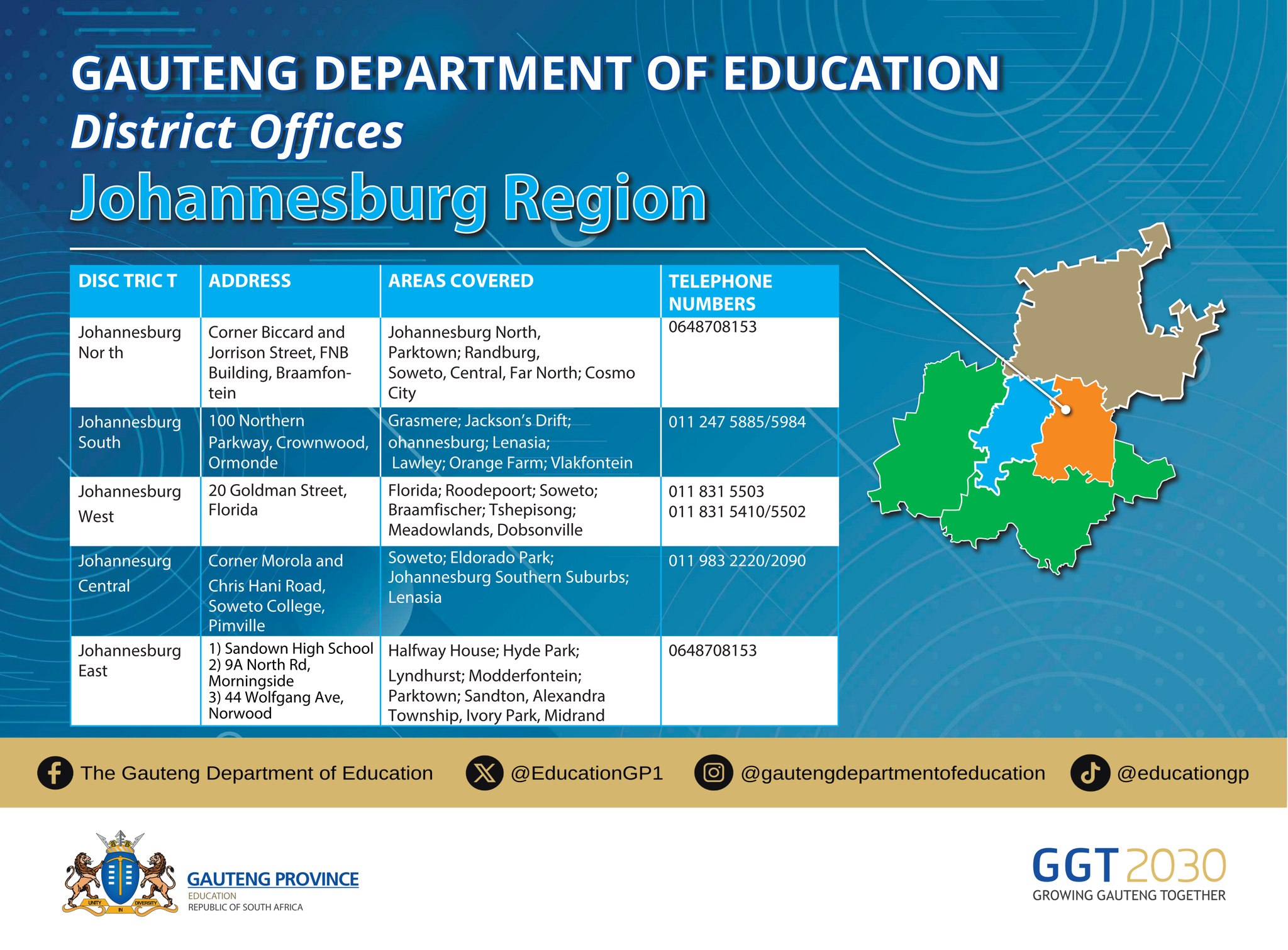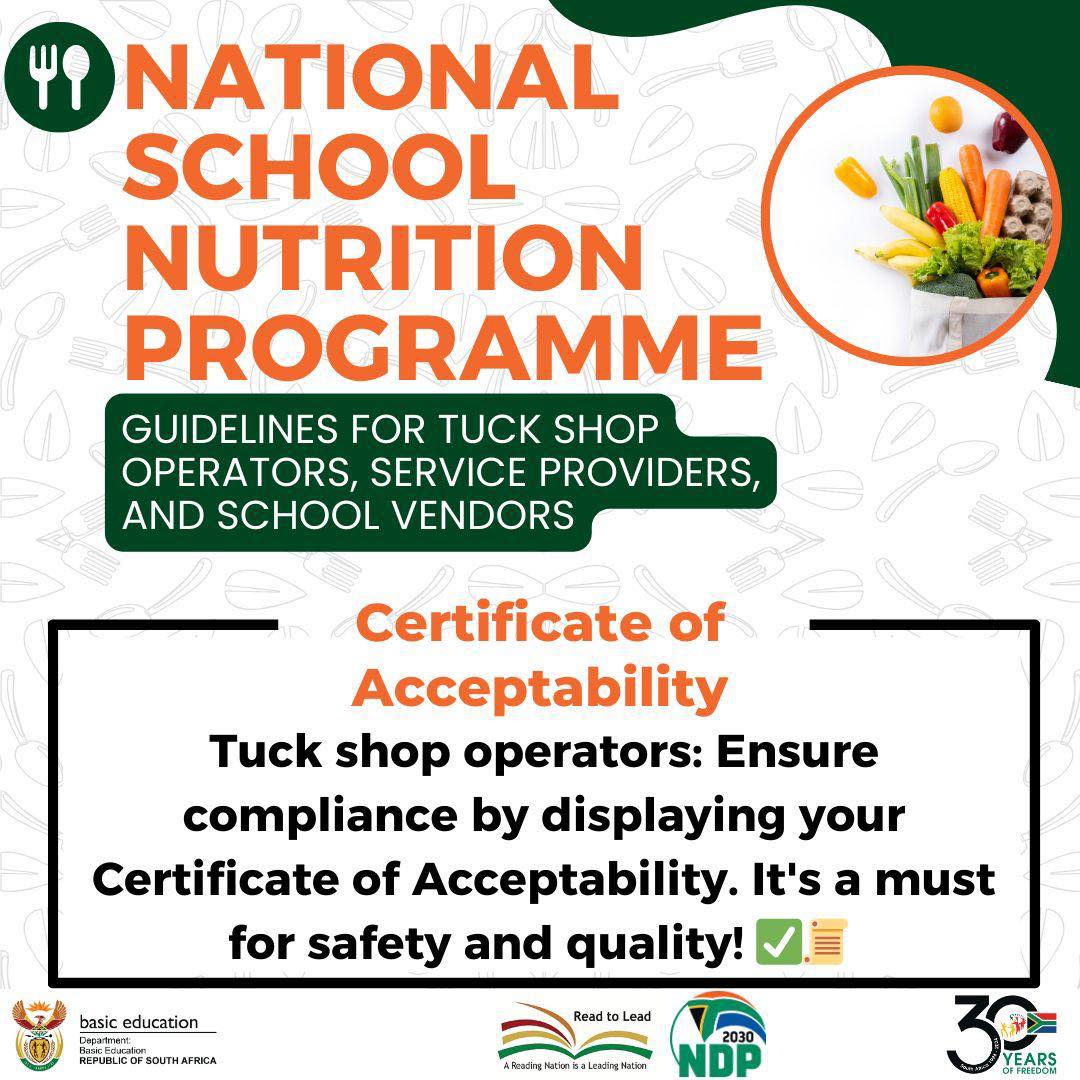Dealing with a Suicide Attempt and what to do thereafter. Every family’s experience in the days, weeks, and months following a youth suicide attempt is different. There’s no single plan of care to offer parents after such an event.
School Talks to Learners
This is always done class by class, grade by grade, to ensure interaction and an atmosphere that is more conducive to the sensitivity of the topics at hand. The learners are given the opportunity to share problems and ask questions in a secure and confidential environment.
The talks focus on educating the learners about the impact of the psychosocial problems they face, inform them about the assistance that is available and how they can access help for themselves or a loved one. The main message that we impart is that they must “speak up, reach out and have hope – there is help available”. SADAG has done many talks on Teen Depression, Suicide Prevention, Trauma, Grief and Loss, Anxiety and Stress, Exam Stress, Bullying, and Substance Abuse.
Teachers and Parents Talks
These talks provide key health information on signs and symptoms, how to get help and the prevention of Teen Suicide. SADAG provides practical tools, tips and resources for Teachers to empower them on what to say or do to help a student at-risk, and through SADAG’s talks for Parents, we focus on sharing resources, tips on how to talk about mental health, and what to do to get help for their child.
Teachers “Connect Sessions”
We know that Teachers themselves juggle so many different roles and often are dealing with Stress, Anxiety, Trauma and Burnout themselves, especially the last 2 years while navigating through COVID-19. SADAG hosts Connect Sessions for teachers where they can speak about common experiences in a safe space, share concerns and provide emotional and moral support for one another. These Debriefing Connect Sessions can encourage a sense of community and a source of empathetic understanding in a non-judgmental environment.










